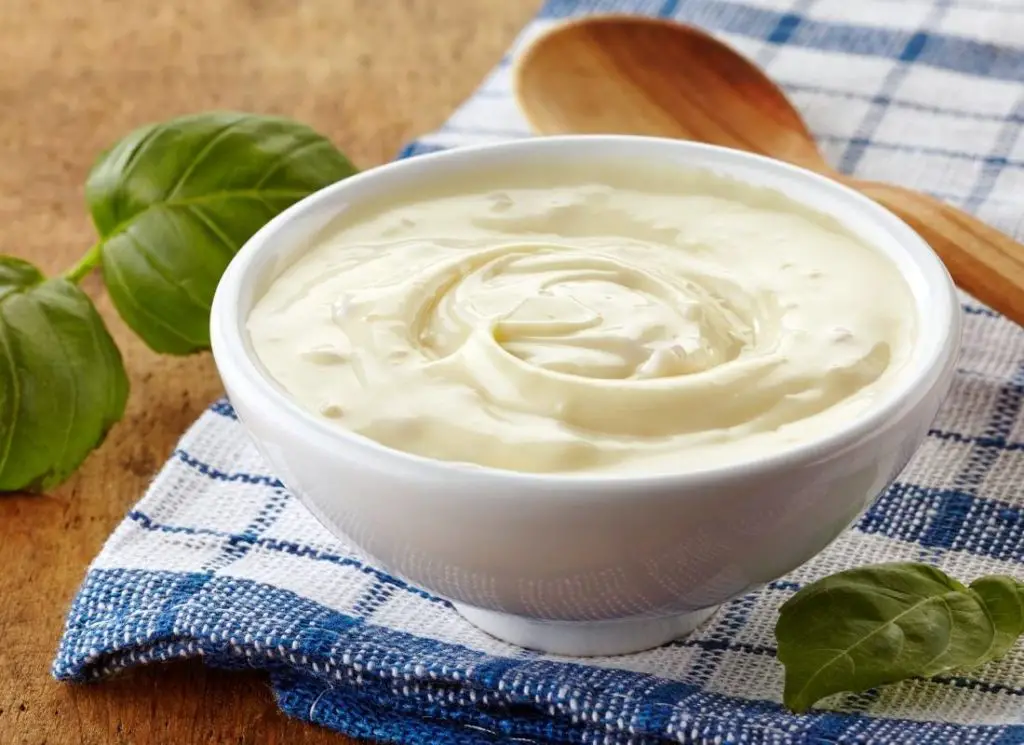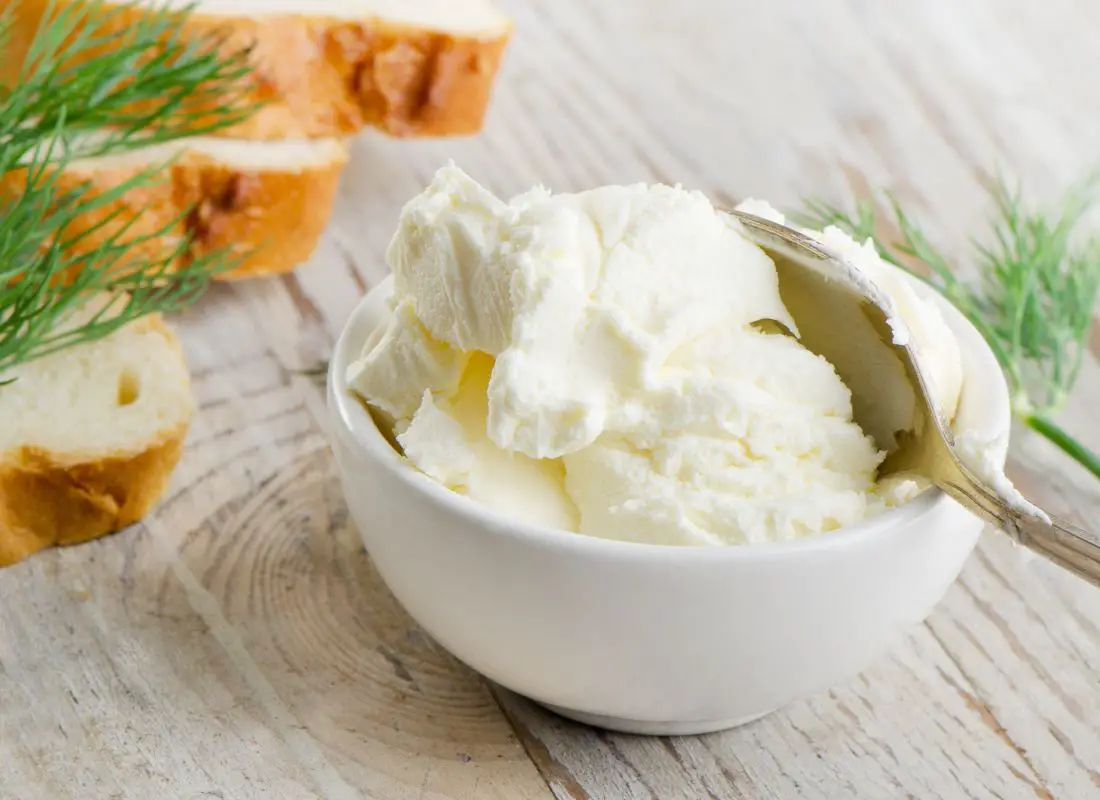Is cream cheese low histamine? When you have histamine intolerance, what you eat matters. Histamine intolerance is a condition where the body is unable to break down histamine properly. This can lead to a build-up of histamine, which can cause various symptoms, including hives, itching, swelling, difficulty breathing, and low blood pressure.
Some foods other people enjoy can be problematic if you have histamine intolerance. But by monitoring what you eat and knowing which foods contain preformed histamine or trigger histamine release, you can avoid histamine sensitivity symptoms.
Why Histamine Levels Matter if You Have Histamine Intolerance
Histamines play an important role in keeping our bodies running smoothly. They help set our sleep schedule by telling the brain when it’s time to rest and when it’s time to wake up. In the digestive tract, histamines stimulate the production of stomach acid and control the muscular contractions that push food through. This helps us properly digest meals.
Histamines also control whether blood vessels are dilated (opened wider) or constricted (narrowed). Adjusting blood flow allows tissues to get just the right amount of oxygen and nutrients.Problems can arise when histamine levels spike. Too much histamine can trigger a variety of symptoms. Some of the most common include:
- Headaches
- Stuffy noses
- Skin irritation
- Bloating and digestive upset
- Diarrhea
- Brain fog
Thankfully, avoiding triggers like certain foods, medications, or pollen can help keep histamine histamine evels in check. Overall, histamines act like a conductor of the body’s orchestra – ensuring the right instruments play at the right tempo.
If you enjoy the smooth, creamy flavor of cream cheese on a bagel, you might wonder whether it’s safe to enjoy this combination. The simple answer is “yes,” although not all cheese is low histamine. Plus, you should take some precautions when buying commercial cream cheese to avoid aggravating histamine sensitivity and other food intolerances.
The Amount of Histamine in Cheese Varies Dramatically
Is cream cheese low histamine? Some types of cheese are off limits if you have histamine intolerance. The more aged a cheese is, the more bacteria associated with the cheese that can produce histamine. A general rule is to avoid cheeses that take a long time to ripen. (1, 2) These include hard cheeses such as Emmental, Alpine cheese, Parmesan cheese, and even some cheddar cheese. You should also avoid Gouda cheese, as it can take a long time to ripen.
Another type of cheese to avoid is cheese made from raw milk, as raw milk cheese contains higher levels of bacteria that could produce histamine. Research suggests it’s safest to avoid all cheeses made from raw milk, cheeses that ripen quickly, and hard cheese.
But cream cheese doesn’t fall into these categories. It’s a soft, spreadable cheese made from milk and cream. The milk is first pasteurized and then cooled to form a thick mixture. This mixture is then combined with cream and an enzyme called rennet. The rennet helps thicken the mixture and gives the cream cheese its characteristic texture.

About Cream Cheese and Histamine
Being a soft cheese, cream cheese is typically low in histamine and other biogenic amines. However, there’s not much data on the histamine content of processed cheese, which could contain various cheeses. For example, cream cheese may contain Emmental cheese (3), a type of cheese with a high histamine content.
Certain cheese in cream cheese could contain enough histamine to aggravate histamine intolerance symptoms. So, it’s hard to generalize and say that all cream cheese is safe to enjoy if you have histamine intolerance. Depending upon the type of cheese manufacturers use to make it, it could contain some histamine.
However, people who have histamine intolerance usually find they can tolerate cream cheese without triggering histamine sensitivity symptoms. It’s important to buy the freshest cream cheese possible and use it quickly. The longer it stays in the refrigerator, the opportunity there is for bacteria to produce histamine.
Also, avoid flavored cream cheese, since you don’t know if what they’ve added to the cheese is safe if you have histamine intolerance. Choose cream cheese that contains as few additives as possible. If you want to flavor your cream cheese, add your own herbs or spices low in histamine.
Other Biogenic Amines in Cream Cheese
When you have histamine intolerance, other biogenic amines could also trigger histamine intolerance symptoms. Histamine is only one type of biogenic amine and there are others including tyramine and tryptamine. These amines can have a variety of effects on the body, including increased heart rate, blood pressure, and anxiety. If you have histamine intolerance, you may also be sensitive to these amines.
If you have histamine intolerance, you may also be sensitive to these amines. However, this is less of a concern if you buy the freshest cream cheese and use it quickly. Biogenic amines in cream cheese usually come from storage in unsanitary conditions, or cream cheese that’s sat around for too long. (4)
Cream Cheese Is a Safer Bet Than Hard and Raw Milk Cheese
Is cream cheese high in histamine? In general, cream cheese is lower than hard cheese and raw milk cheese, but this is based on limited data that doesn’t take into account the type of cheese a manufacturer uses to make the cheese. Factorslike the quality of the milk, how it’s processed and stored, all impact the histamine levels you’ll find in the final product.
The lack of data on cream cheese means you should approach it with caution. Consume only a small amount at first and monitor your symptoms by keeping a food diary. That’s the best approach for any food that you eat that isn’t clearly low in histamine.
Here’s the good news! Most people with histamine intolerance can enjoy cream cheese in moderate quantities, without triggering histamine intolerance symptoms. But each person with histamine intolerance is a little different, see how you respond. Hopefully, you can enjoy it moderation! Find out about other low-histamine dairy foods.

How Cream Cheese Affects Histamine Levels: Take Home Points
The bottom line is that fresh cream cheese usually doesn’t have sky-high histamine levels. But there can be differences depending on the ingredients, how it was made, shipped, and stored. Determining your own histamine tolerance takes some trial and error. Work with your doctor to slowly test different cheeses and find ones that make you feel good.
Also, pay attention to labels and quality. The higher end stuff is often fresher and less problematic.It’s a balance for sure – enjoying delicious creamy cheese versus controlling symptoms. But a little detective work to find low-histamine brands could let you savor that cream cheese bagel or cheese cake again. This might require adjusting other parts of your diet too. It’s unique for everyone. But knowledge and patience pays off.
FAQ
Is cream cheese low histamine?
As a general rule, cream cheese doesn’t contain large quantities of histamine and doesn’t cause a sharp rise in histamine levels. However, there is variation in the histamine content of cream cheese. Look for fresh ones with no additives.
Which cheeses are highest in histamine?
Cheese that undergoe an aging process, like parmesan, Swiss, or cheddar, are highest in histamines. The aging process allows bacteria that produce histamine to build up and increase the histamine content of the cheese. Cream cheese is not aged.
References:
- Fonberg-Broczek M, Sawilska-Rautenstrauch D. Zawartość histaminy i tyraminy w serach dojrzewajacych pobranych z obrotu [Level of histamine and tyramine in ripening cheeses]. Rocz Panstw Zakl Hig. 1995;46(3):243-6. Polish. PMID: 8552964.
- Madejska A, Michalski M, Pawul-Gruba M, Osek J. Histamine Content in Rennet Ripening Cheeses During Storage at Different Temperatures and Times. J Vet Res. 2018 Mar 30;62(1):65-69. doi: 10.1515/jvetres-2018-0009. PMID: 29978129; PMCID: PMC5957463.
- “Effect of post-ripening processing on the histamine and histamine ….” 01 Dec. 2009, https://www.sciencedirect.com/science/article/pii/S095869460900106X.
- “Occurrence of Toxic Biogenic Amines in Various Types of Soft and Hard ….” 13 Jul. 2022, https://www.mdpi.com/2311-5637/8/7/327/htm.

